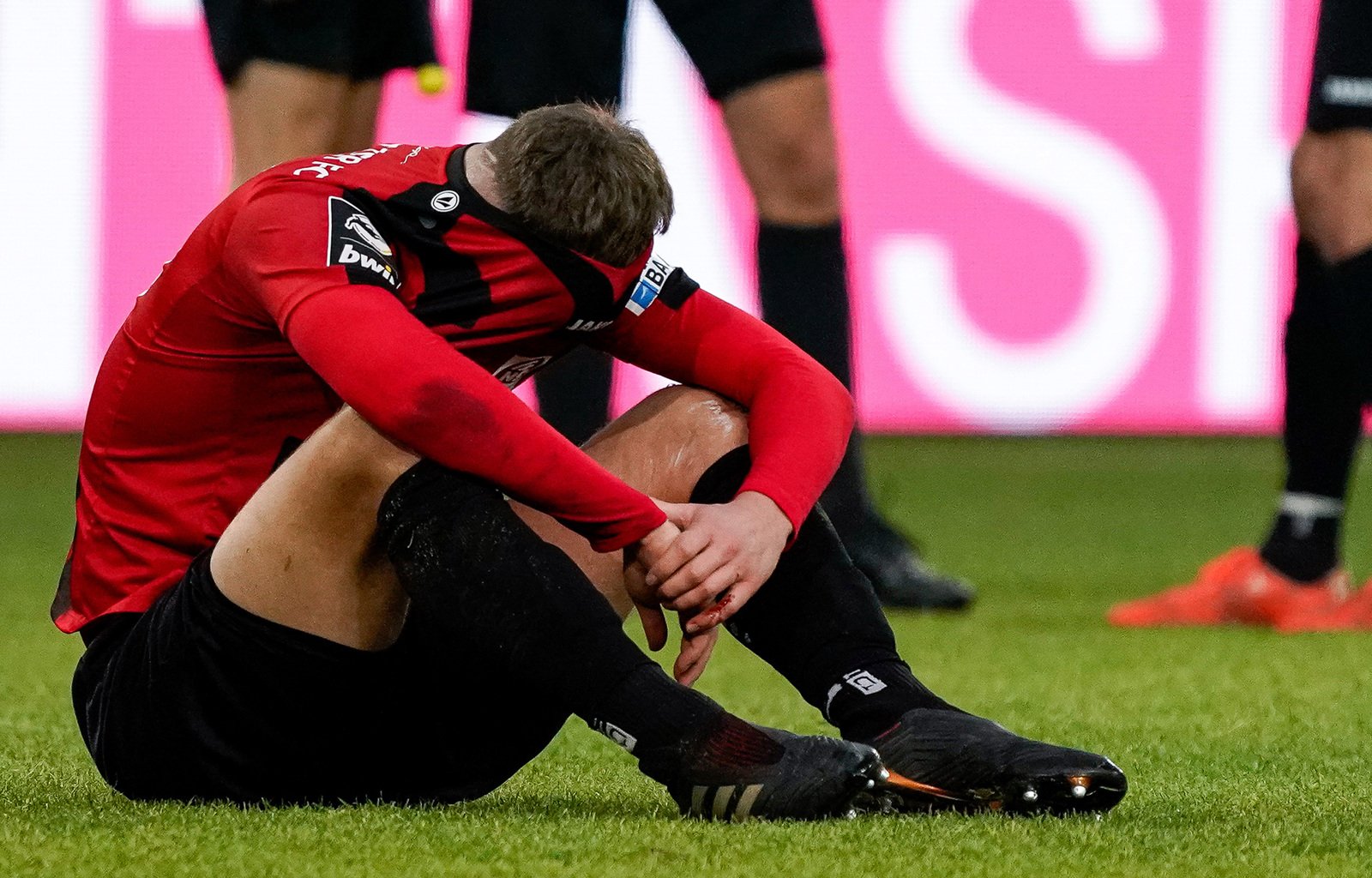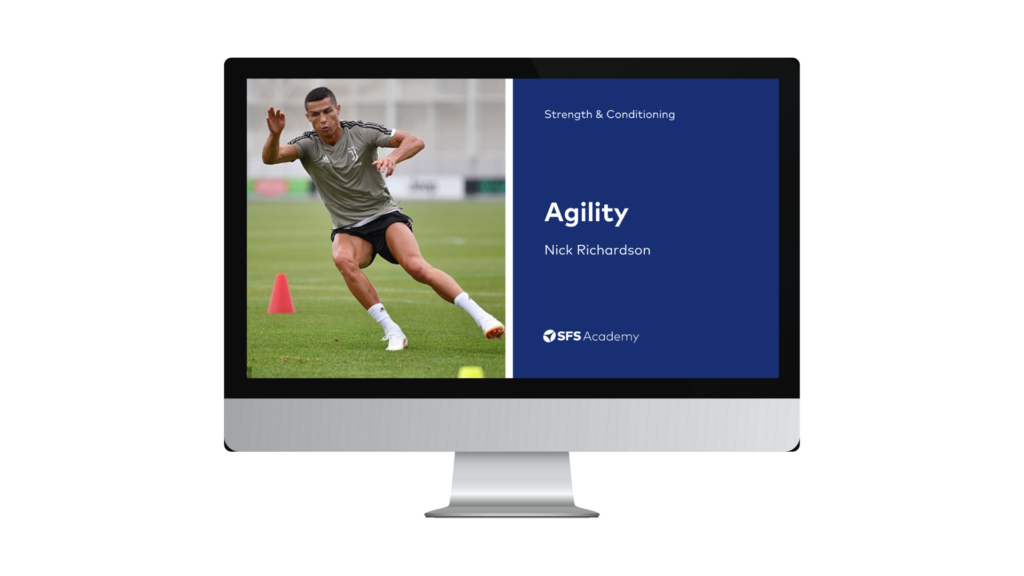This week in the world of sports science, here’s what happened…
- The secret behind Harry Kane’s illustrious career!
- Psychologically profiling football players
- A substitute for Nordic curls?
The secret behind Harry Kane’s illustrious career!

Despite having an illustrious career, Harry Kane recently won his first-ever trophy by winning the Bundesliga title with FC Bayern Munich. This recognition is certainly well-deserved for the current captain of the English national football team. Interestingly, a fascinating recent LinkedIn post by Kane’s former teammate, Steven Caulker, has garnered considerable attention and engagement.
In his post, Caulker candidly states that Kane was not particularly notable as a player during their shared time in the youth team, expressing his belief that Kane did not even rank among the top five players on the team. Caulker confesses that he cannot remember any particularly impressive youth performances by Kane. Nonetheless, one aspect that Caulker distinctly remembers is Kane’s exceptional mentality. Despite encountering setbacks and undergoing multiple loan moves, Kane eventually secured a position in Tottenham’s first team, from which he went on to achieve remarkable success.
The core message derived from Caulker’s observations is that while certain youth players may initially display promise, without the appropriate mentality, they risk being surpassed by their peers. From a youth coaching perspective, Kane’s journey highlights the significance of persistence and the realisation that each player develops at different rates. This requires coaches to have a thorough understanding of player maturation and to stay committed to the long-term development of all players.
If you’re interested in learning more about maturation, be sure to check out our detailed course by the excellent Tom Green: How does age and maturation affect motor coordination and performance?
Psychologically profiling football players

Speaking of mentality in football, another story on the psychological aspects of football has garnered significant attention. Recently, The Guardian, a daily British newspaper, published an article that offers a distinctive perspective on how football analysts assess psychological attributes within the sport. Despite the growing data in areas like strength and conditioning and sports science, psychological factors such as leadership and emotional regulation in football are often overlooked.
In the article, former player Yaw Amankwah provides an illustrative example of a player who consoles a teammate by patting his back following an unsuccessful shot. Amankwah posits that this act exemplifies leadership; however, it frequently goes unnoticed by the media, fans, and coaching staff. To address this gap, Amankwah has collaborated with prominent psychology professor Guir Jordet to establish their company, Inside Out Analytics. Together, they have meticulously analysed thousands of hours of football matches, focusing on monitoring and evaluating player behaviour to ascertain emotional regulation and leadership capabilities.
Max Pelka, a psychologist at Brighton & Hove Albion F.C., is currently utilising the Inside Out Analytics platform. In the article, he details his experiences from his previous tenure at the renowned FC Bayern Munich, where he monitored and assessed players’ body language through indicators such as posture, head movements, and hand gestures, which he notes significantly influenced player selection.
A notable challenge with Inside Out Analytics has been the extensive time required for match coding and analysis. However, the integration of artificial intelligence is increasingly being employed to streamline this process, which will substantially reduce the duration needed for analysis. Consequently, should a manager inquire about a potential signing, the platform will be able to provide nearly instantaneous data that ranks the player’s emotional regulation and leadership qualities in comparison to others in the same position, while also identifying any possible emotional red flags!
If you would like to learn more about emotional control, our course “Emotional Intelligence” is well worth checking out!
A substitute for Nordic curls?

Nordic curl exercises are commonly employed to strengthen the hamstring muscles; however, they can present significant challenges for individuals with limited training experience. A recent study has proposed an alternative training modality for untrained individuals or those who encounter difficulties performing Nordic curls. The study suggests that inclined treadmill running may serve as an effective substitute.
The research involved nineteen recreationally active males who underwent a maximum voluntary hamstring contraction test, a Nordic curl test, and an incline treadmill running test at a 10% gradient. During each of these activities, the activity of the biceps femoris (a hamstring muscle) was monitored using electromyography (EMG).
The findings indicated that EMG activity of the biceps femoris was significantly greater during the Nordic curl exercise compared to incline treadmill running. Nonetheless, as the running speed increased, the EMG activity began to approach levels observed during the Nordic curl exercise.
These results demonstrate that while Nordic curl exercises elicit superior EMG activity, incline treadmill running at moderate to high speeds presents a viable alternative for enhancing hamstring strength, particularly for untrained individuals or those who experience difficulty with Nordic curls.
From us this week:
>> New course: Sport Psychology for Coaches
>> New podcast: From Wembley to Wake-Up Calls: Stevie Ward on Concussion, Courage & Life Beyond the Game
>> New infographic: Strength Training Recommendations
>> New article: Hydrotherapy
Access to a growing library of sports science courses
SFS Academy is an all-access membership to premium sports science education.
With SFS Academy, you’ll learn from some of the best coaches around the world as they teach you how to apply the latest research and practice with your athletes.




